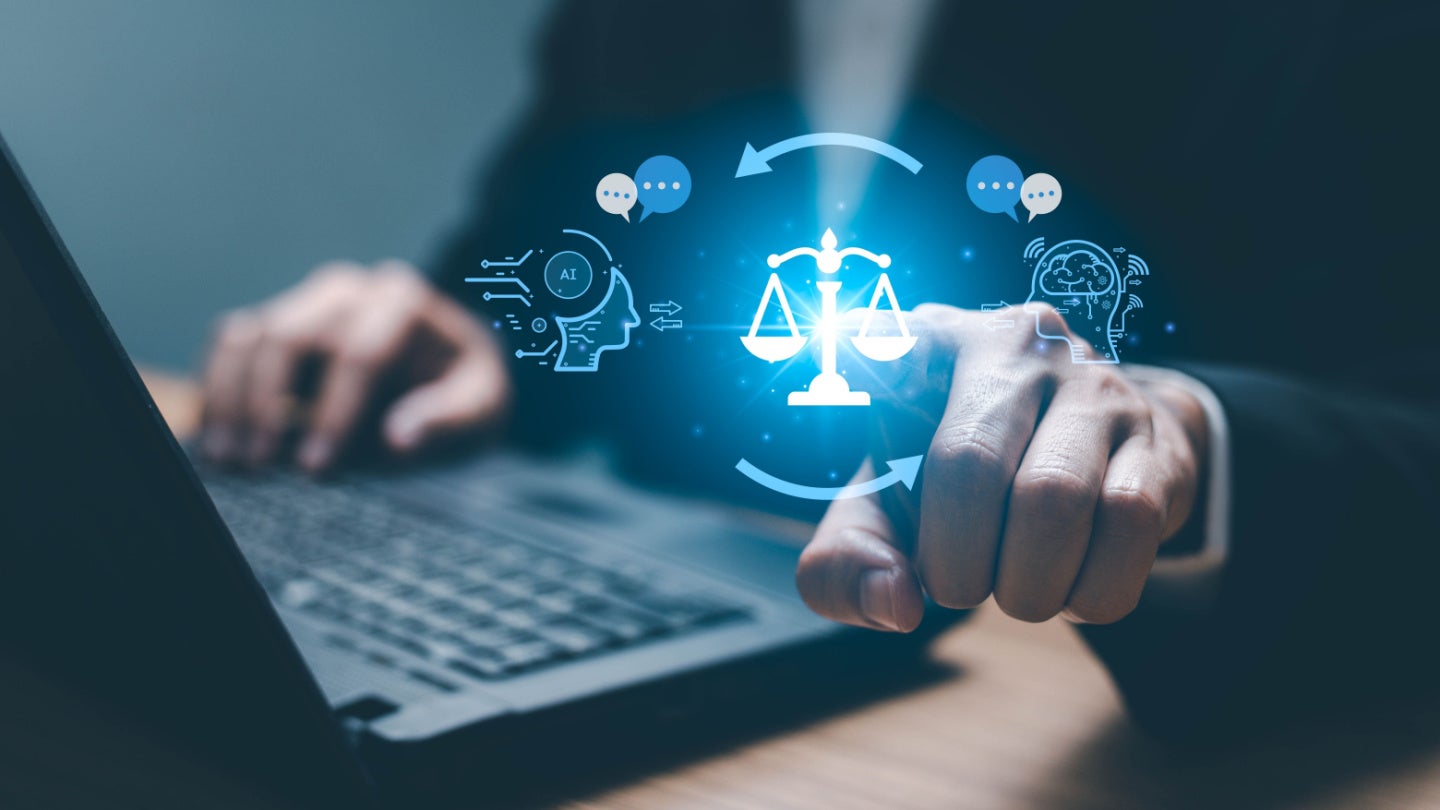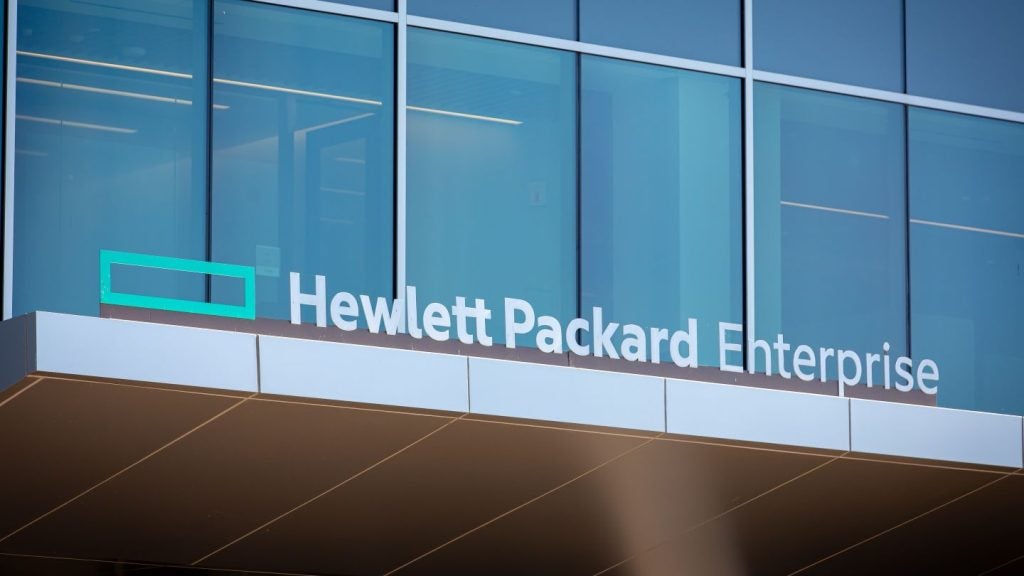
Artificial intelligence (AI) could equalise access to justice to those who cannot afford lawyers, said the US Supreme Court in its end year report, but AI must be used with caution in the legal sector.
Likening AI to the spread of electrical lighting in American homes, Supreme Court Chief Justice John Roberts wrote in the report that AI could help litigants with fewer resources get access to more information.
“Our court system has a monopoly on many forms of relief,” Roberts wrote, “if you want a discharge in bankruptcy, for example, you must see a federal judge.”
“For those who cannot afford a lawyer, AI can help,” he added.
AI can answer questions on legal definitions and explain in simple terms to litigants how to fill out forms and documents.
However, Roberts states that usage of AI in the legal sector must be with “caution and humility”.
Hallucinations were named as Roberts’ main concern on the use of AI within the legal sector, as he stated that AI hallucinations can often appear to sound right even if they are completely non-factual.
Entering sensitive information on a person or a court case may also lead to cybersecurity risks.
Roberts also wrote that technology like AI could never replace the important human actors in the courtroom, emphasising the importance of a defendant’s voice or body language.
Human attention to detail and unspoken social cues within the courtroom must also be noted when assessing a case’s outcome.
AI continues to be a disruption to almost every sector. In a 2023 GlobalData survey, the research analyst company recorded that AI was the most talked about technology from businesses across a range of sectors.
Over 70% of respondents answered that AI will soon begin to disrupt their industry. Despite this, confidence in AI’s ability has appeared to wane slightly. Around 53% of respondents answered that AI would live up to all its promises in Q3 of 2023, which is 10% lower than responses to the same question in Q2 2023.







